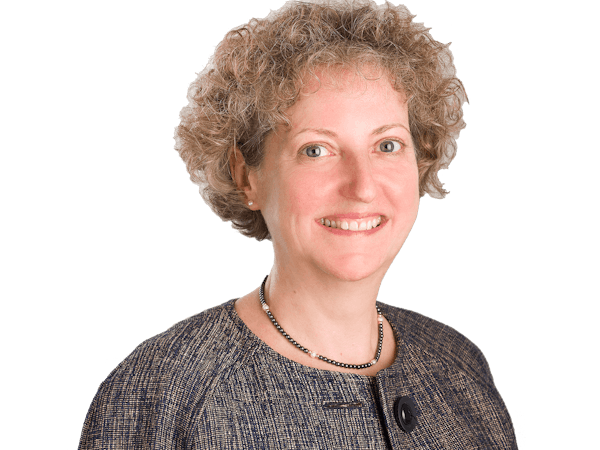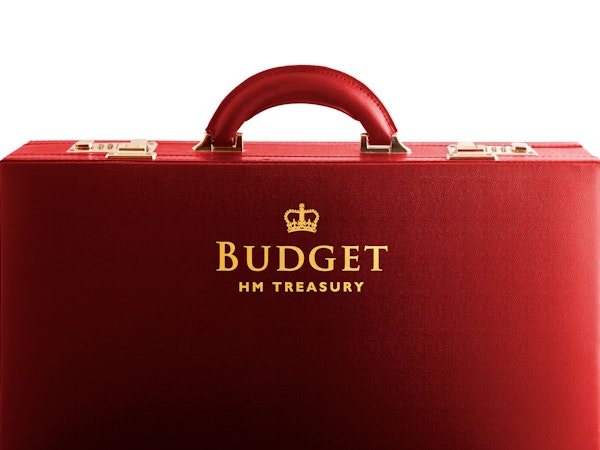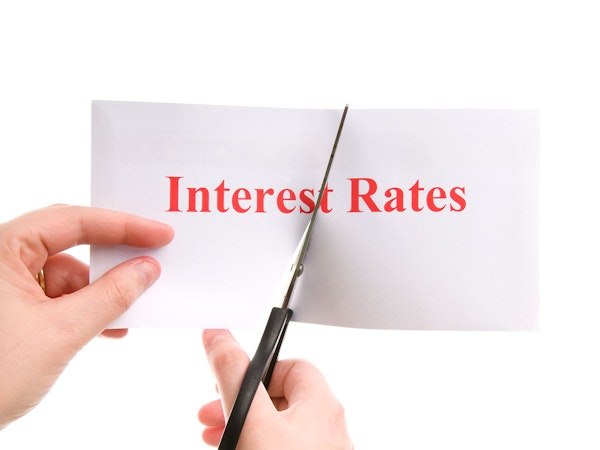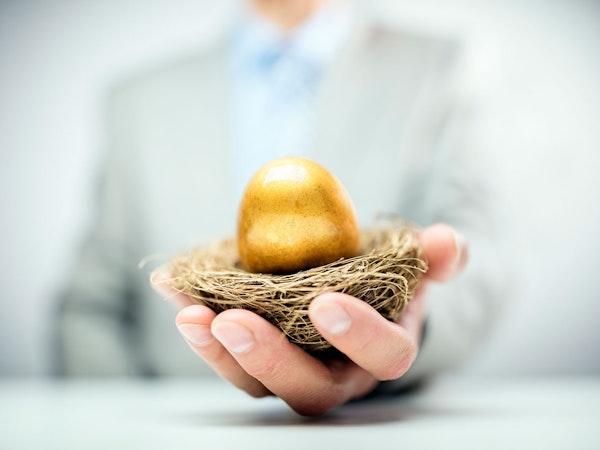Self-assessment comes calling again
Not everyone enjoys the holiday season, but for some it creates a useful breathing space. For some Christmas Day presented the opportunity to submit their self-assessment tax return.
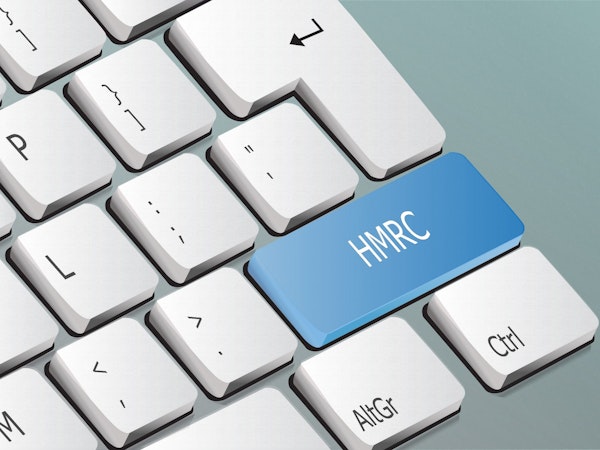
It happens every year – the countdown to the end of January. Many of us make pre-new year’s resolutions to get our self-assessment forms done early. However, according to HMRC data, just over 3,000 people submitted their returns on Christmas Day, taking advantage perhaps of the lull in festivities or an escape from cooking commitments. Getting the job out of the way even earlier was more popular, with over 22,000 submissions filed on Christmas Eve, while over 9,000 saved the task for Boxing Day.
New year resolutions may have played a part in the nearly 34,500 returns filed on New Year’s Eve, while those submitting on New Year’s Day, at under half that number, hopefully didn’t do so while feeling the worse for wear.
With over half of returns already in as of the beginning of January, over 5 million returns are left to submit before the 31 January deadline. The majority of people are now filing online, which means that anyone submitting by post needs to get a bit ahead. Those who completed self-assessment tax returns last year but didn’t have any tax to pay still need to submit a tax return for 2018/19, unless HMRC has written to inform them that it’s not required.
If you or your spouse or partner have received child benefit, and either of you have an income of more than £50,000, you will need to complete a return for the high income child benefit charge (HICBC). While HMRC undertook a review in 2018 of ‘failure to notify’ notices issued across tax years from 2013 to taxpayers who failed to register for the HICBC, this is unlikely to take place again. If you are in any doubt as to your status, please ask.
There are several reasons why you might need to submit a self-assessment return. For example, you will need to submit if you have received income of over £2,500 of untaxed income in any of the following ways:
- rental income from a property;
- income from savings, investments and dividends;
- money from foreign income;
- tips or commissions;
- earnings over £1,000 as a self-employed sole trader;
- employees claiming over £2,500 in expenses;
- have income over £100,000; or
- partner in a business partnership.
Penalties will be applied for late tax returns, ranging from £100 fixed penalty notices to daily penalties and percentages as time goes on. You can find additional help and resources online for self-assessment at GOV.UK or of course get in touch with us with your queries.


